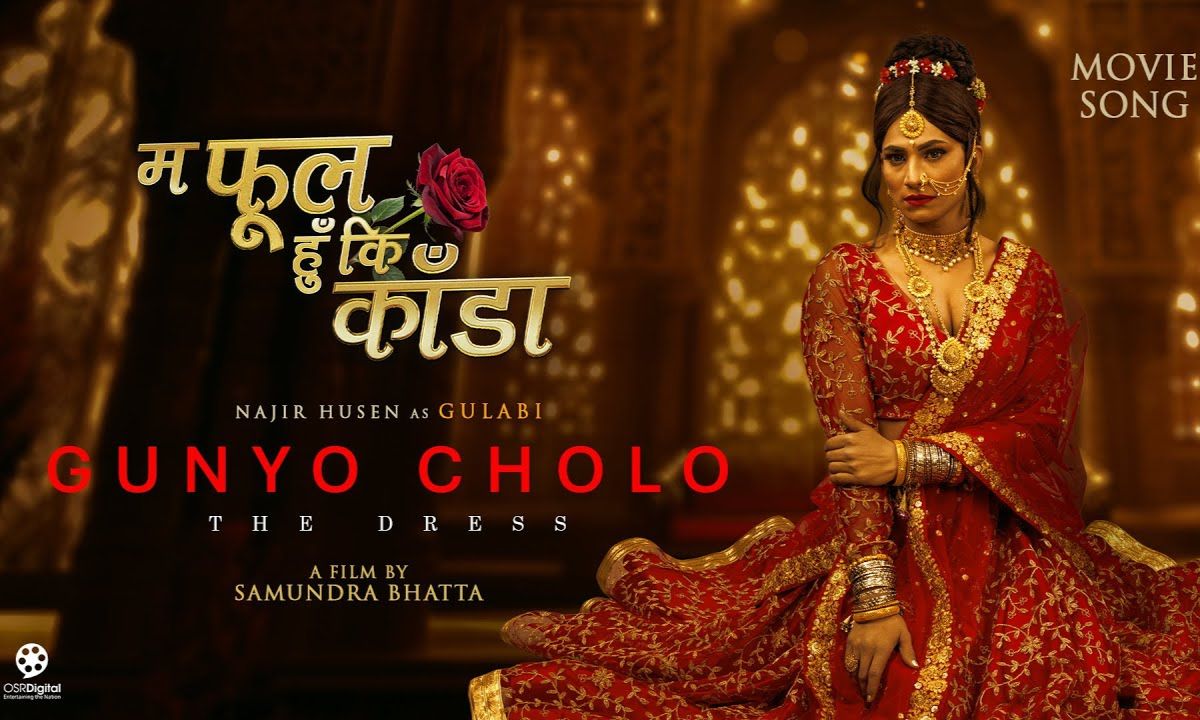“Pyaar ko sirf pyaar chahiye hota hai… barabari wala pyaar.” That line alone encapsulates the soul of Aap Jaisa Koi, the new Netflix original directed by Vivek Soni and starring R Madhavan and Fatima Sana Shaikh. Backed by producers Karan Johar, Adar Poonawalla, Apoorva Mehta, and Somen Mishra, this isn’t your everyday feel-good rom-com. Instead, it’s a tender and thoughtful exploration of love tangled in patriarchy, brought to life with quiet charm and emotional clarity.
Story That Appears Simple, But Isn’t
On the surface, the plot seems refreshingly uncomplicated: A 42-year-old introverted Sanskrit teacher, Shrirenu Tripathi (Madhavan), crosses paths with a spirited 32-year-old French teacher, Madhu Bose (Fatima Sana Shaikh). Their love story unfurls gently, with poetic elegance. But beneath this vintage romance lies a powerful dissection of gender conditioning and male entitlement—one that doesn’t preach but provokes introspection.
Despite being seemingly liberal and respectful, Shrirenu believes he’s empowering Madhu by ‘allowing’ her freedom—exposing a deeply entrenched bias. The conflict doesn’t arrive with thunder and lightning, but through a question that pierces like a pin: “Tum kyun decide karoge meri limit?” This is where the film quietly scores its biggest win—by holding up a mirror to a society where men think they’re progressive simply because they aren’t openly oppressive.
Crafting a Dreamlike Yet Real World
Visually, Aap Jaisa Koi feels like a warm embrace from the 90s. From the graceful sarees to the lyrical background score, every element is soaked in nostalgia. Yet the narrative stays rooted in 2024, confronting present-day issues with grace and subtlety.
Director Vivek Soni doesn’t shout his message—he whispers it into everyday moments. A father lecturing his daughter about house chores while praising her education, or an elder brother scoffing at women sipping wine and talking politics. These instances hit hard, precisely because they feel so normal. That’s where the film’s strength lies—it doesn’t villainize, it humanizes.
Performances That Speak Volumes
R Madhavan is pitch-perfect as Shrirenu. With restrained body language, old-school charm, and layered expressions, he becomes the man next door—well-meaning but flawed. A standout moment comes when Shrirenu, convinced of his own modernity, delivers a line that reveals how deeply he’s still trapped in traditional thinking. His realization—played out in mere seconds—is a masterclass in nuanced acting.
Fatima Sana Shaikh is equally brilliant. Her Madhu is fiery yet composed, sensitive yet assertive. Whether she’s bantering playfully or confronting sexism with composure, Fatima commands the screen. The chemistry between her and Madhavan is organic, unforced, and deeply believable.
Music & Direction: A Harmonious Blend
The music—composed by Rochak Kohli and Justin Prabhakaran—complements the film’s emotional core. Songs like Jab Tu Sajan and Saare Jag Mein don’t just elevate scenes, they live within them. Lyricists Gurpreet Saini and Raj Shekhar have penned verses that linger long after the credits roll.
Director Vivek Soni, along with writers Radhika Anand and Jehan Handa, keeps the film light in tone but heavy in impact. The screenplay flows like soft poetry, rarely feeling dramatic or contrived. Debojeet Ray’s cinematography turns simple spaces into cinematic canvases, capturing both the beauty and quiet despair of the characters’ world.
Final Word: A Thoughtful Love Story That Stays With You
Aap Jaisa Koi isn’t just a romantic tale—it’s a gentle but firm nudge to rethink what equality truly means. It speaks to the modern Indian man and woman, urging them to look beyond surface-level feminism and into the deeper, often invisible layers of patriarchy that shape our thoughts and actions.
With top-notch performances, elegant storytelling, and a message that matters, this film is one of the most quietly powerful Bollywood offerings in recent times. Dharmatic Entertainment has finally delivered a gem that feels honest, relevant, and refreshingly unpretentious.
If you’ve ever believed that love should be about mutual respect and not permissions disguised as empowerment—Aap Jaisa Koi is the film you’ve been waiting for.








